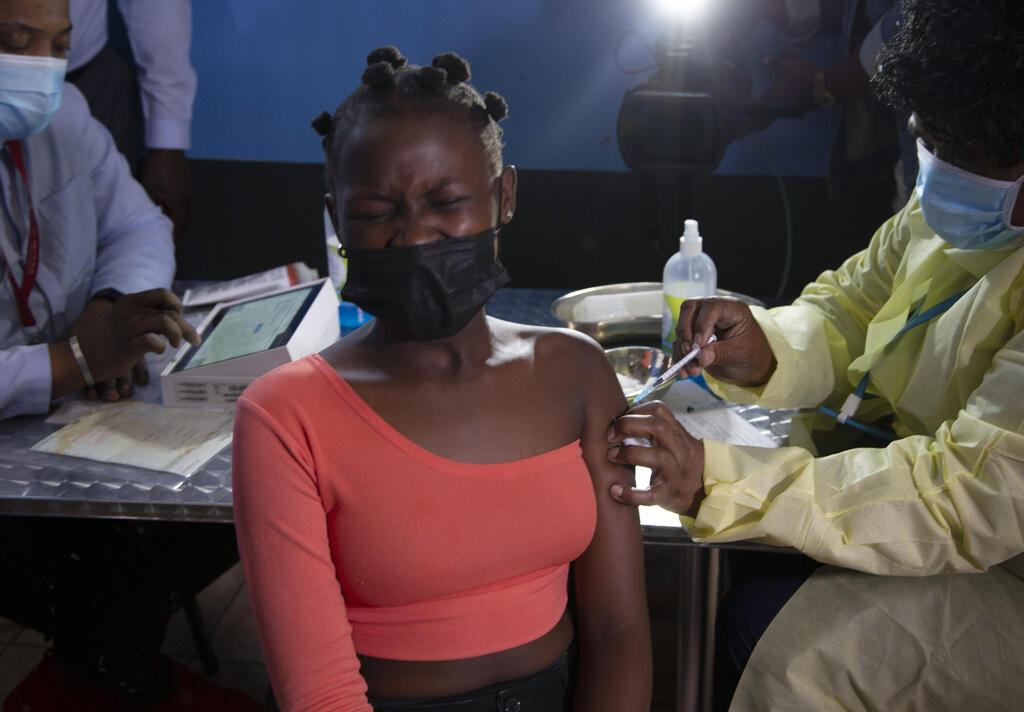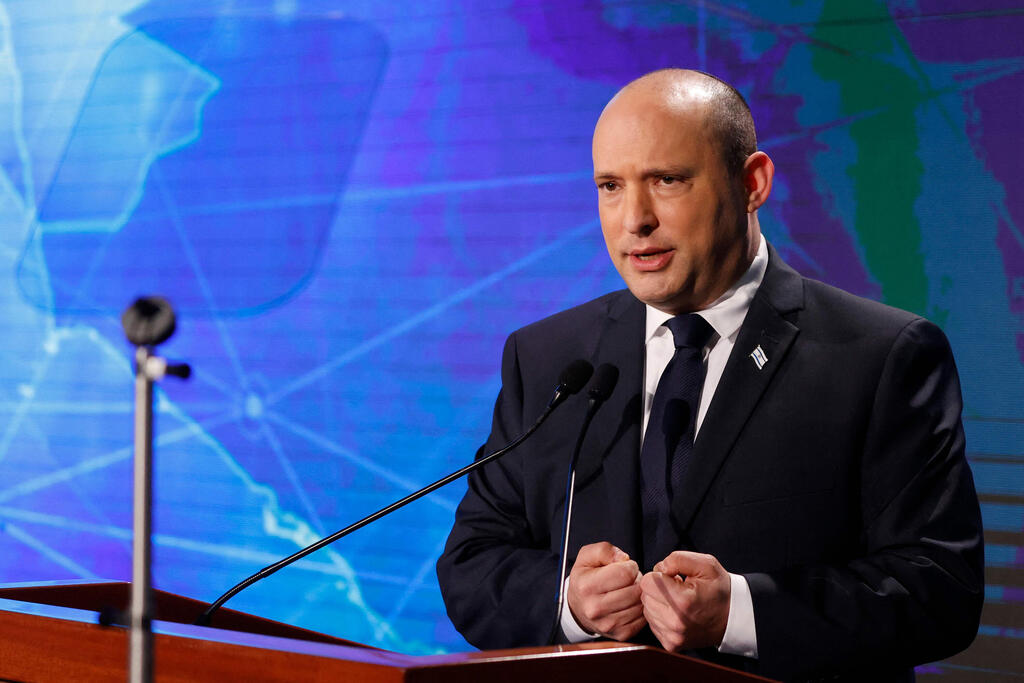A new highly mutated COVID-19 variant that was first detected in South Africa and has been raising concerns among scientists has been identified in Israel, the Health Ministry said in an announcement Friday morning.
According to the ministry, the strain was found in a foreign worker who had tested positive for the new bug upon arriving from Malawi, a southeastern African country that has not yet reported any cases of the variant in question.
Malawi was not included among southern African countries to which Israel and the United Kingdom have restricted travel following reports of the discovery of the strain.
In addition, two more Israeli returning from abroad are suspected of having contracted the variant and have been quarantined until the results of the genetic sequencing of their PCR tests return.
The ministry stated that all three are reportedly vaccinated and that officials are trying to trace people who may have come into contact with them.
South African scientists told reporters at a news conference on Thursday that the new variant — going by the name B.1.1.529 — has a "very unusual combination" of mutations that raise concerns it might be more transmissible and more capable of evading the body's immune response than its predecessors.
3 View gallery


Woman gets vaccinated against coronavirus near Johannesburg, South Africa, October 21, 2021
(Photo: AP)
Prime Minister Naftali Bennett met with Health Ministry officials Thursday evening to discuss the potential risks posed by the new variant that was discovered by scientists in South Africa and is believed to be able to skirt vaccine protection.
He said that he has accepted the ministry's recommendation to restrict travel to South Africa, Lesotho, Botswana, Mozambique, Zimbabwe, Eswatini and Namibia after weeks in which Israelis were allowed to travel to any destination around the world thanks to the country's successful COVID-19 vaccine booster shot campaign. Travelers arriving from the aforementioned countries might be required to self-isolate for a period of at least 10 days upon touching ground in the Jewish state even if they have had three doses of a coronavirus vaccine.
South Africa's National Institute For Communicable Diseases (NICD) so far reported 22 confirmed cases of the new strain and said that health authorities were rushing to complete its genetic sequencing to better understand its implications on public health.
However, local officials attribute the country's mounting morbidity, which skyrocketed tenfold since the beginning of November, to the variant that appears to be even more contagious than the Delta variant.
Israeli health experts have voiced their concerns about cases resurging once more ahead of next week's Hanukkah festivities.
They've expressed the hope that the pediatric vaccination drive which began earlier this week, would help slow the spread and prevent a new wave of morbidity.



